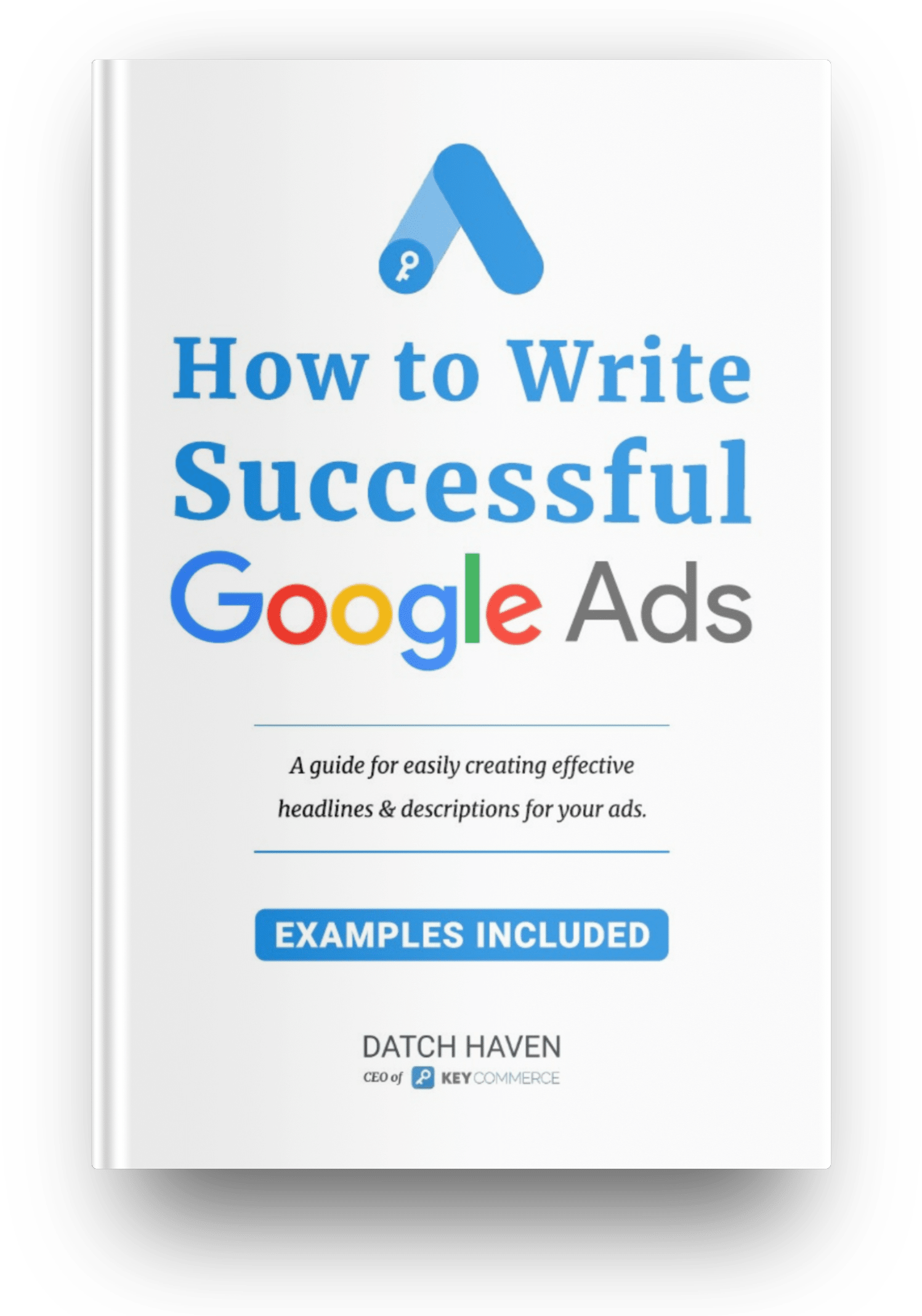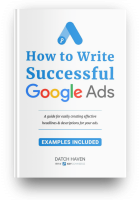We take a brief look at the two largest advertising platforms for your e-commerce store. Discover unique features, advantages, and disadvantages of Google Ads vs. Facebook Ads. Hopefully, this information will help you determine which advertising platform is best for your niche ecommerce store.
What are Google Ads?
Google Ads (GAds) is an advertising platform that lets you place ads on Google's search engine results pages (SERPs). This also extends to any websites on the Google Display Network. The ads can target specific keywords, geographic locations, and other criteria. The advertisers are charged on a cost-per-click (CPC) basis.
Pros of Google Ads:
- High-intent traffic: Google Ads allows you to target users searching for products or services related to your online store. It means the traffic you receive will likely have a higher intent to purchase.
- Better conversion tracking: GAds provides detailed conversion tracking features, allowing you to track conversions and measure the ROI of your campaigns.
- Larger audience: Google is the world's largest search engine, and its network of websites that display ads is also extensive. This means that you have access to a vast audience of potential customers.
Cons of Google Ads:
- High competition: Depending on your ecommerce niche, there may be a lot of competition for keywords, which can drive up the cost-per-click of your ads.
- High cost: Google Ads can be more expensive than other advertising platforms, especially if you're targeting high-volume keywords.
- Steep learning curve: The interface can be complex, and learning how to set up effective campaigns takes time.
What are Facebook Ads?
Facebook Ads is an advertising platform for placing ads on Facebook and its associated partners. These include Instagram and Messenger. You can target your ecommerce advertising based on various demographic and interest-based criteria. Advertisers pay on a cost-per-impression (CPM) or cost-per-click (CPC) basis.
Pros of Facebook Ads:
- Targeting capabilities: The targeting options are extensive, allowing you to reach precision-specific audiences based on interests, behaviors, and demographics.
- Lower cost: Facebook Ads can be more affordable than Google Ads, especially if you're targeting a niche audience.
- Diverse ad formats: Facebook offers a variety of ad formats, including image, video, and carousel ads, giving you more options to showcase your products or services.
Cons of Facebook Ads:
- Lower intent traffic: Users may not be actively looking for your products or services, resulting in lower user intent traffic than GAds.
- Limited conversion tracking: Facebook's conversion tracking features are less detailed than Google Ads. It makes it more challenging to measure the ROI of your campaigns.
- Ad fatigue: Facebook users may get tired of seeing the same ads repeatedly, so you'll need to create fresh and engaging content to keep their attention.
And the winner is...
There is no clear winner in the Google vs. Facebook competition. Your decision will mostly be made based on your business marketing goals. When deciding which platform to use, you should consider your target audience, advertising budget, and advertising goals.
For instance, if you're targeting users who are actively searching for your products, Google Ads may be the better option. On the other hand, Facebook Ads may be a better choice if you're looking to reach a specific demographic or interest-based audience.
When run right, the two platforms can benefit each other. Facebook can be used to create a demand for your products or get users familiar with your brand. Then Google can work to capture them when they are closer to purchase—leveraging both platforms for increased sales and revenue.
Ultimately, testing both platforms and analyzing their performance is the best way to determine which platform will work best for your ecommerce store.












